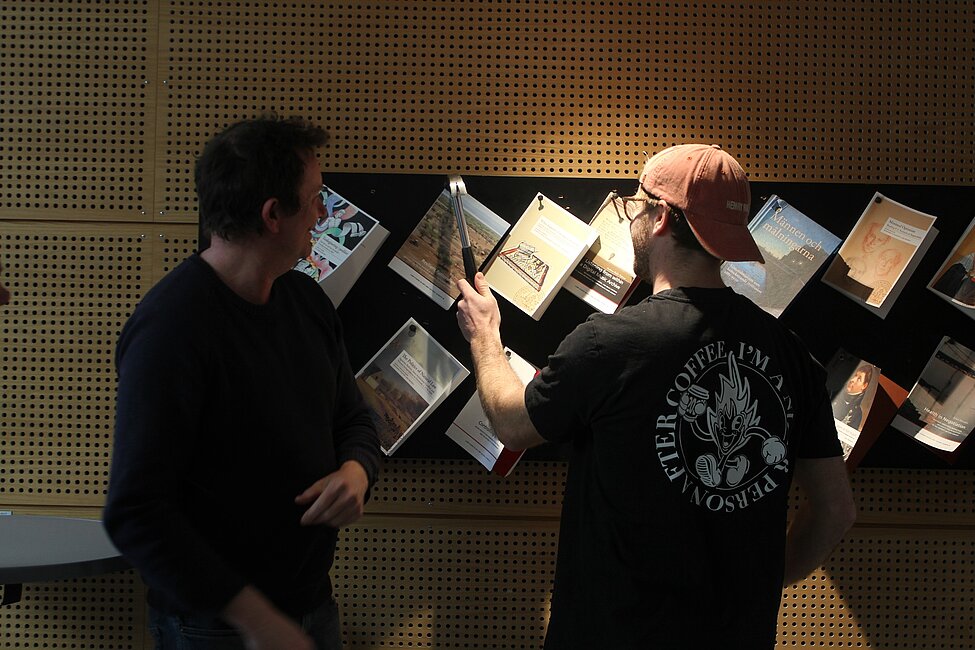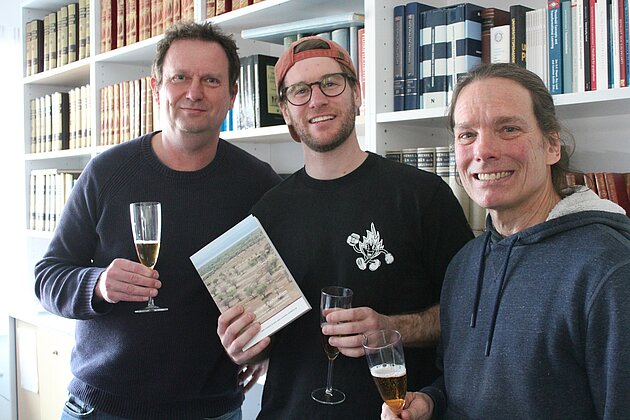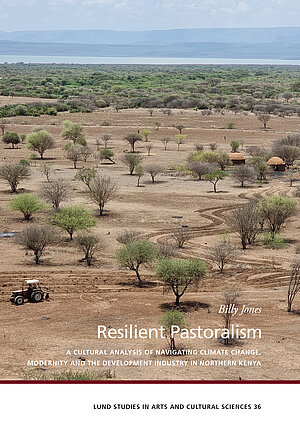William Jones har spikat sin avhandling

William Jones avhandling i etnologi, "Resilient Pastoralism: A Cultural Analysis of Navigating Climate Change, Modernity and the Development Industry in Northern Kenya", spikades 4 april 2025. Disputationen äger rum fredagen 25 april 13.00 i LUX C121. Opponent är Professor Lars Kaijser.
Thesis summary
Droughts, Floods, Violence and Poverty. The drylands of Northern Kenya are not an easy place to live. Up here, pastoralism has been the dominant way of life for centuries. But over the past half a century, drought and flooding have put immense pressure on the ecosystem, and poverty is common in the region. And yet, some people have found a new way to get by. A growing number of people are switching from traditional forms of pastoralism to intensively plant grass on private farms. By feeding fodder to their livestock and harvesting the seeds, they are thriving in the face of crippling financial pressures and an increasingly erratic climate. At the same time, millions of dollars of aid money have been poured into the region via projects to improve livelihoods and rehabilitate the environment. Very few have succeeded. Only a handful of locally run projects have managed to make an impact by helping grass farmers build resilient, environmentally friendly livelihoods.
This thesis tells the story of pastoralism and Development in Baringo, Northern Kenya. It combines an ethnological study of the landscape with perspectives that also take African experiences into account. To achieve this, the research has used non-Western theories and perspectives but has also chosen a research process where local residents have been involved as co-researchers. It explores the social, political and ecological processes which have marginalised the economy and investigates how pastoralists are adapting their way of life through grass farming. It also critically examines the International Development Industry’s attempts to bring sustainable development to the region, asking how and why so many have failed. By contrasting these failed attempts with more successful local initiatives, it hopes to trigger a discussion about how we might move towards more localised, collaborative approaches to Development in one of the world’s most marginalised landscapes.


